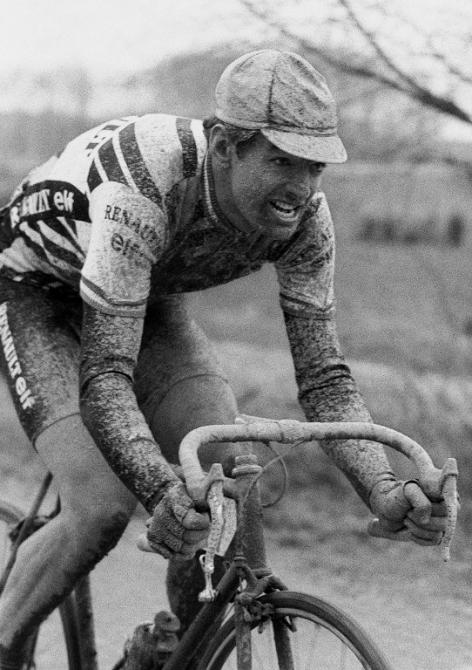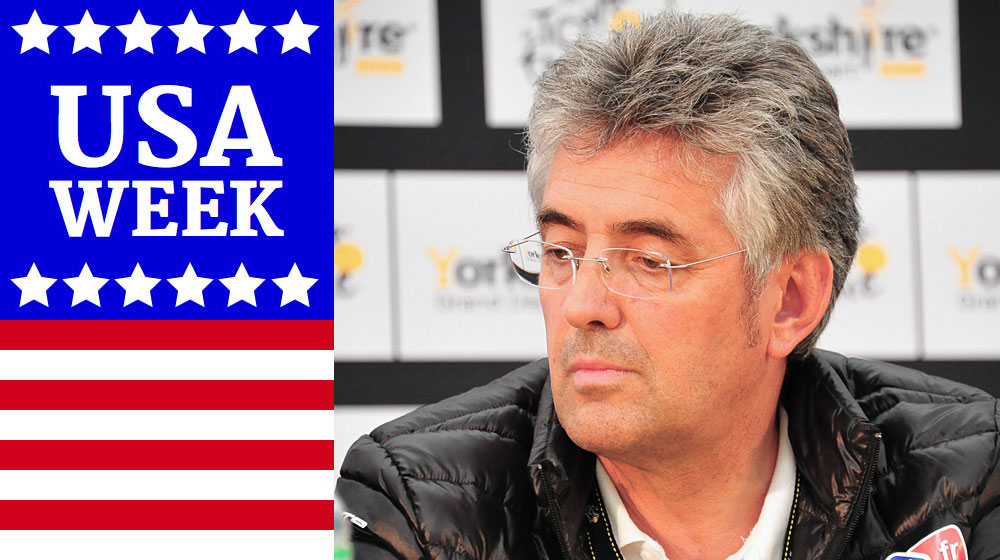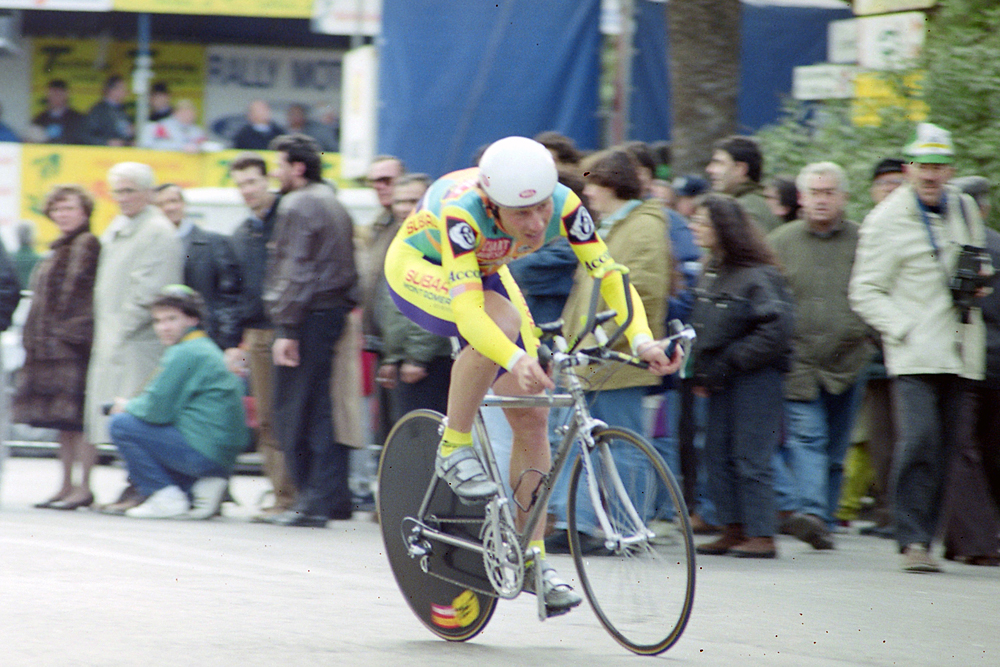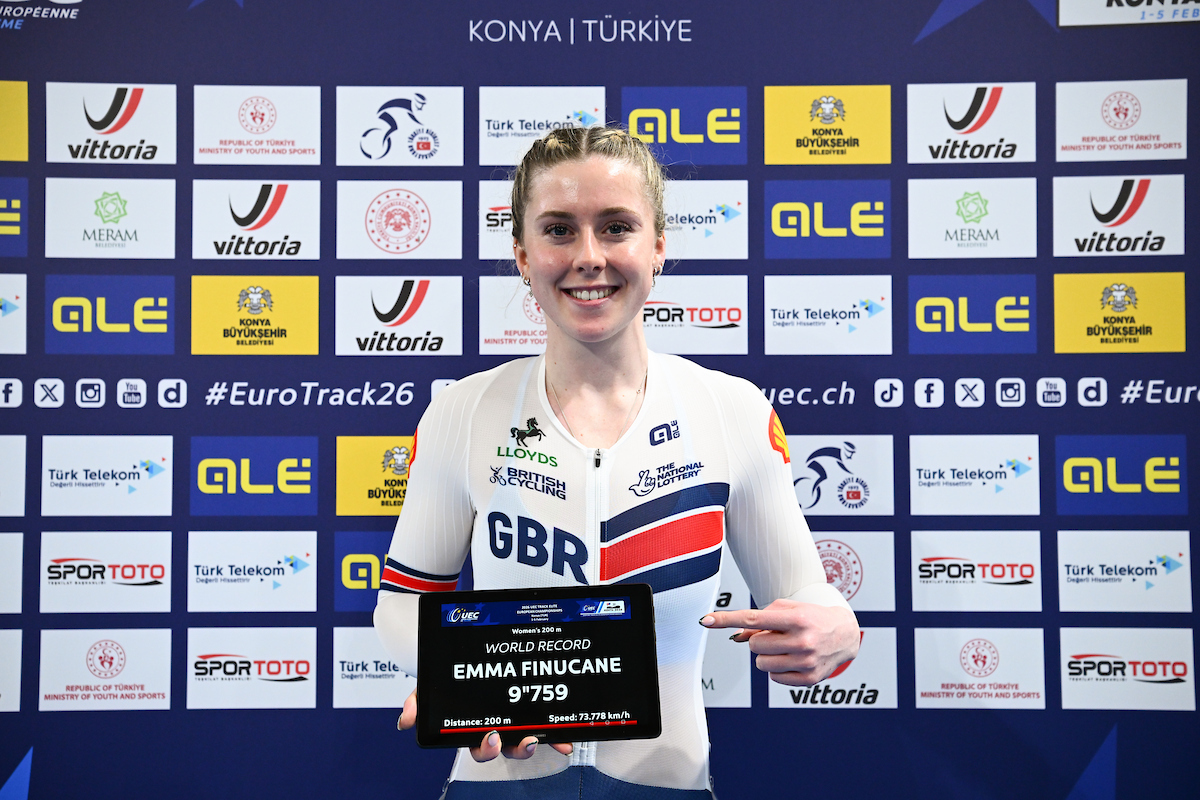Marc Madiot blog: American cycling then and now
FDJ team manager was a French pioneer in the US



I've raced in the US way before it became common for European cyclists to cross the Atlantic. In my first pro year with Renault-Elf in 1981, we took part in the Coors Classic, which was the Tour of Colorado, because we had another neo-pro who was an American: Greg LeMond. He was a 20-year-old relaxed and friendly guy and he actually won the race overall. He was the star of the event but not yet the icon he'd later become. Interestingly, there were no spectators for the town-to-town stages but people turned up when we rode criteriums. They wanted cycling to be fun, fast, short and spectacular but they had no clue of what professional road racing was like.
A decade later, my brother Yvon and I joined an US-registered team one year after Denis Roux was the first Frenchman to do so: Subaru-Montgomery, in 1993. I enjoyed the atmosphere. American cyclists still had a very different mentality from us, the Europeans. They were adventurists. Racing bikes was like a gold rush for them, something they'd do for a little while, trying their luck and having a unique life experience, whereas we were totally dedicated to the sport since our childhood and forever. One of our teammates, Mike Carter, had developed a passion for eating chili so he got boxes of chilis delivered from Mexico to our training camp in Escondido but that diet caused him tendonitis.
I've kept a great memory of our directeur sportif Eddy B. (Borysewicz). He was extremely friendly and resourceful. He had told us that California was heaven for a training camp in January but as we turned up, it was flooded. To keep our morale up, he gave us our tracksuit one day, gloves the next day, helmets another day, so it looked like he made us a gift every day. The set-up was radically different from what we were used to in Europe. We stayed in one hotel and we were given a bit of cash to organize our life and eat wherever we wanted. Apart from a few team rides that were compulsory, we were totally free to train as we wished. I took the opportunity to buy an old Corvette that arrived by boat to Le Havre a couple of months later. I still have it in my garage.
The team owner was Thom Weisel. He'd fly with his private jet from Los Angeles to San Diego on Fridays to come and train with us and follow us in the team car when we hit the hills. He had the best titanium bikes. On Sundays, he flew back to LA. He badly wanted his team to do the Tour de France. We rode a pretty solid Dauphiné after which the wild cards were given but we didn't get invited, so Weisel would come back in cycling later with a bigger organization: US Postal.
At the same time, I created my own team, backed by the French lottery. In 1996, my assistant Alain Gallopin went to the US. He told me he had met the best domestic rider who was climbing pretty well, so I signed Chris Horner for my very first team in 1997. He discovered the European way of life with us, which was a bit of a shock I guess, before the internet would enable people to communicate with their folks back home like nowadays. He had a few good placing like third in the GP Plouay. I never thought he'd win the Vuelta a España years later. I realized he loved the job but not to the point that he'd still be racing 20 years later…
I have never returned to the US since my time at Subaru. But from watching the races on TV, I can tell that Americans have been educated to cycling, the stage races and so on. They've probably learned from the images of the Tour de France. Lance Armstrong has surely boosted the sport but it's certainly not easy for the US cycling community to recover from his disgrace. American races don't have the same solid roots as Europe's historical events, they come and go, depending on title sponsorship. There's no more Coors Classic but it's also kinda funny to remember the Tour de Trump [1989-90] now that his backer is a candidate for the White House.
America is a big market for the bicycle industry and tour operators to bring tourists to the Tour de France. But in terms of competitive cycling, it's artificial. At the difference of the Australian [Orica-GreenEdge] and the British [Team Sky], the American teams nowadays lack identity, notably because there's no more American cycling icon. Trek-Segafredo, we don't know where they're from. Cannondale needs a lot of foreign workers. BMC is supposedly American but aren't they Swiss? I'm very curious to see how Pierre Rolland will perform as a leader of a US-based team, coming from a very traditional European organization [Europcar]. Jonathan Vaughters must have been kidding a bit when he said Rolland was training like in 1975. As far as I know, he already had a coach but now, he's parachuted in a high-tech world…
The latest race content, interviews, features, reviews and expert buying guides, direct to your inbox!
At the end of his experience, he'll be able to tell us if American and European cycling are still worlds apart like 35 years ago. I've kept found memories of the US then.
The irrepressible FDJ team manager Marc Madiot brings his unrestrained opinions and insights to Cyclingnews, giving our English-speaking readers a glimpse inside the culture of the French team, and French cycling.
